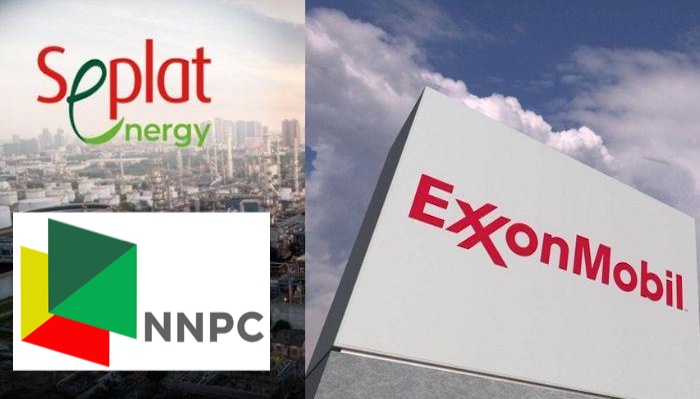The Nigerian National Petroleum Company Limited (NNPCL) has discontinued the legal action it initiated against ExxonMobil Corporation’s shallow-water local subsidiary, Mobil Producing Nigeria Unlimited (MPNU), Seplat Energy said in a regulatory filing on Friday.
Seplat Energy has been “notified of the termination of the court proceedings brought by NNPCL against MPNU and its affiliates over the proposed divestment of MPNU’s shares to Seplat Energy Offshore Limited,” the company said in a note to the Nigerian Exchange.
Shares in Seplat, which has a dual listing in London and Lagos, climbed 4.2 percent afterwards on the London Exchange but remained unchanged on Lagos’ Customs Street as of 14:05 WAT.
The company said it would engage all major parties and the government to complete the transaction without further delay.
Approvals from the country’s upstream sector watchdog the Nigerian Upstream Regulatory Commission, still need to be obtained before the deal could be consummated.
Seplat announced in February 2022 that it had closed a deal with ExxonMobil to fully purchase its 40 percent interest in a shallow-water joint venture with NNPCL.
Worth $1.3 billion, the acquisition was originally planned to be consummated by mid-2022 but has been slowed by a series of delays.
NNPCL stated shortly after the deal was announced that the pre-emption rights it holds in the joint venture with ExxonMobil give it the privilege to be considered first before any other suitor in case the latter wants to divest its shareholding.
Seplat has had to extend the deal on two occasions within one year to keep it valid in the face of litigation and regulatory delays.
NNPCL sent an application to a high court in Abuja, requesting that the lawsuit be terminated, according to a report by Bloomberg citing an email from the state-owned oil company’s law firm Afe Babalola.
The acquisition is expected to transfer ExxonMobil’s ownership in four oil mining leases to Seplat and enable the latter to operate the Qua Iboe Terminal, the export point of one of Nigeria’s top oil grades.
Like ExxonMobil, international oil companies in Nigeria are offloading their ownerships in onshore and shallow-water assets, which are considered relatively risky, and are moving their investments offshore.
Eni, Shell and TotalEnergies are in the process of selling off such assets but are facing pressures from host communities to clean up the areas affected by the pollution from their operations before exiting.

